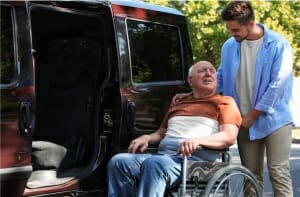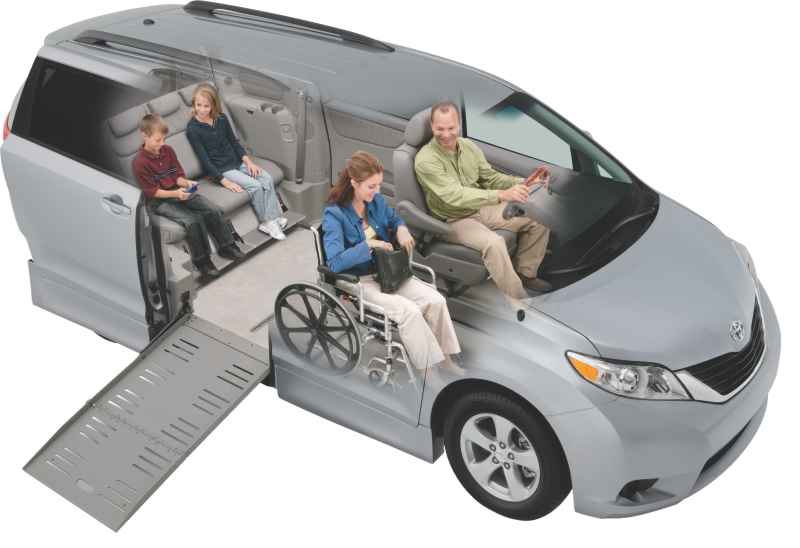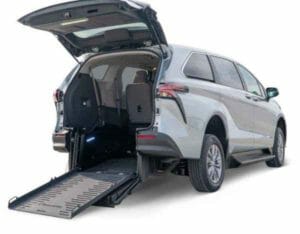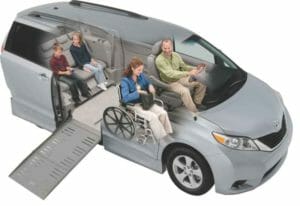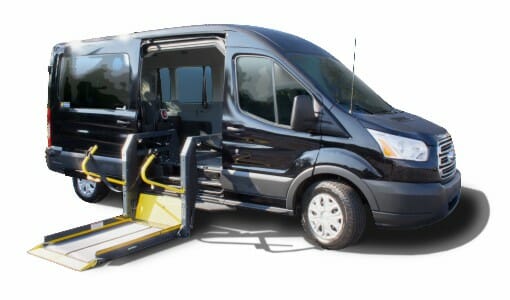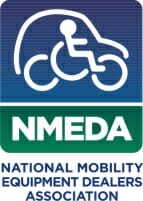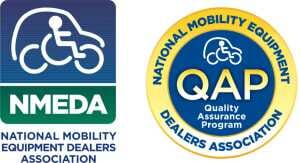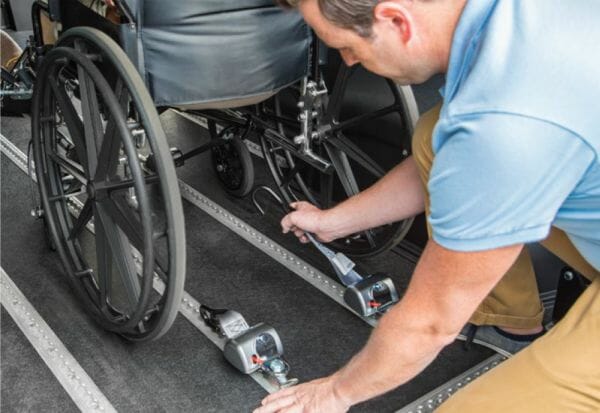
Are You Looking for Resources & Grants That Can Help You Buy a Wheelchair Van?
Introduction:
For individuals and families whose lives involve a wheelchair, transportation can be a constant concern. The simple freedom to come and go as one pleases, often taken for granted, becomes a complex challenge. Fortunately, the struggle surrounding personal mobility and independence has been recognized, leading to numerous resources and financial aid programs catering to those needing wheelchair-accessible vehicles. This comprehensive guide will explore various avenues available for assistance, including grants and resources, to obtain a wheelchair van, ensuring mobility doesn’t remain a dream but becomes a reality.
Where Can I Get Help or a Grant to Purchase a Wheelchair-Accessible Van?
One of the first steps in your journey involves thorough research. A recommended resource for anyone beginning this process is SuperiorVan.com. Here, we have compiled an extensive list of helpful resources and information on grant opportunities at (https://www.superiorvan.com/research/links-resources/). Our webpage is an invaluable hub of information that connects our visitors to various financial assistance & grant opportunities. From non-profit organizations to Veteran’s assistance programs and manufacturer rebates, our dedicated webpage is a comprehensive starting point that can direct you to potential funding solutions.
Non-Profit Organizations & Grants For Handicap-Accessible Vehicles:
Several non-profit organizations understand the necessity of mobility in enhancing the quality of life. These organizations often offer grants and financial assistance to those purchasing adaptive vehicles:
- The National Organization for Vehicle Accessibility (NOVA): NOVA is dedicated to assisting individuals with disabilities in pursuing personal mobility. They offer grant programs designed to help cover the costs of vehicle modifications, ensuring safety and accessibility.
- Help Hope Live: Known for community-based fundraising for people with unmet medical expenses, Help Hope Live provides a unique approach where individuals can campaign to raise funds for their wheelchair-accessible vehicles, often eliciting local media and community support.
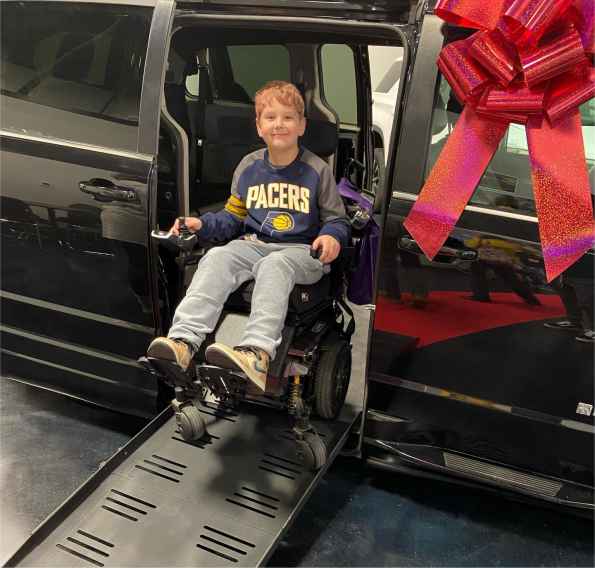
Veterans’ Assistance & Grants:
For U.S. Veterans, specific resources are available through the Department of Veterans Affairs (VA). Depending on the nature and cause of the disability, veterans might be eligible for grants or reimbursements:
- Automobile Allowance: The VA offers an Automobile Allowance for veterans needing a vehicle with adaptive equipment. The grant covers the vehicle purchase price up to a certain amount.
- Adaptive Equipment Grant: Aside from the vehicle, the VA’s Adaptive Equipment Grant covers necessary equipment to ensure the vehicle is fully accessible and operational for the disabled veteran.
Veterans should contact their local VA office or Superior Van & Mobility to understand the qualifying criteria and embark on the application process.
Manufacturer Rebate Programs:
Several vehicle manufacturers recognize the financial burden of modifying vehicles for wheelchair access. As a response, they provide rebates that help offset some of the costs incurred during the modification process. These programs are typically available when purchasing a new vehicle, so it’s beneficial to inquire about these options when shopping. For instance, manufacturers like Toyota, Honda, and Ford offer such rebates. It’s imperative to speak directly with the dealer to understand the terms and conditions of these rebates, as they can significantly impact the overall cost.
State Grants and Assistance Programs:
Many U.S. states offer additional resources, often through the State Department of Vocational Rehabilitation Services. These departments are committed to helping individuals with disabilities maintain independence, which includes assistance in obtaining modified vehicles for personal transportation. Eligibility and the level of assistance vary widely from state to state, making it crucial to contact local representatives for detailed information.
Fundraising and Crowdfunding:
In an era where social media and digital communities are more potent than ever, personal fundraising and crowdfunding have emerged as practical solutions for raising money for health-related causes, including wheelchair vans. Platforms such as GoFundMe allow individuals to tell their stories and reach out to the community, friends, and family for donations. These campaigns can significantly supplement savings or grants for vehicle purchases.
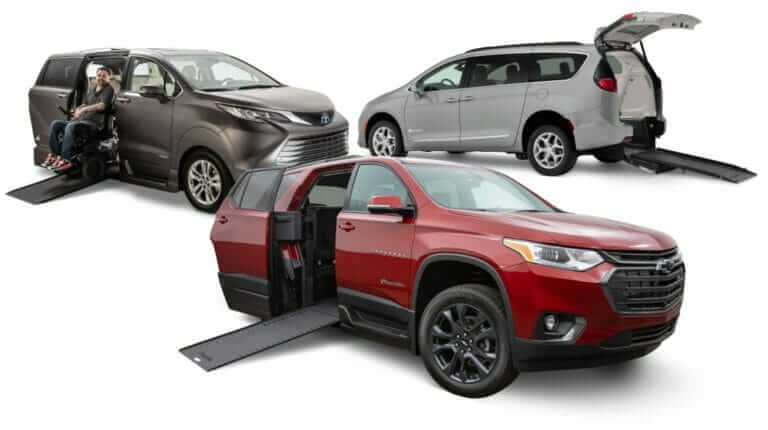
Conclusion:
Investing in a wheelchair-accessible van can be a financial undertaking, but it is essential to recognize that numerous resources are designed to ease this burden. The financial stress associated with securing personal mobility can be significantly reduced by exploring grants, engaging with non-profit organizations, taking advantage of state-offered assistance, and even reaching out to the community through fundraising efforts.
The journey toward purchasing a wheelchair van often begins with the challenge of finding relevant information. Thanks to pages like our comprehensive resources page, individuals and families are better equipped to navigate the path toward greater independence and quality of life. Remember, every resource you engage with brings you one step closer to achieving freedom of mobility and an improved overall lifestyle for you and your family.

Richard W. Maxwell, MBA
Richard Maxwell, is a seasoned automotive marketing executive with over two decades of experience. Starting in 1999 with his advertising agency, Maxx Design & Marketing, he has consistently delivered innovative marketing solutions. After earning his MBA, Richard shifted focus to adaptive technology, serving as Marketing Manager for Superior Van & Mobility. Today, he leverages his expertise to promote and educate others about adaptive equipment in transportation and drive change in accessible mobility.


